Sorely Ocapana
Biotechnology Engineering Candidate
Universidad San Francisco de Quito (USFQ)
Quito, Ecuador |
Cristian Rodríguez
Medical Doctor Candidate
Universidad San Francisco de Quito (USFQ)
Quito, Ecuador |
María José Salazar
Biotechnology Engineering Candidate
Universidad San Francisco de Quito (USFQ)
Quito, Ecuador |
Andrés Caicedo
Associate Professor
Universidad San Francisco de Quito (USFQ)
Quito, Ecuador
ORCID: 0000-0001-8821-0333 |
ISCT and USFQ Launch Ecuador’s First Cell & Gene Therapy Club:
Inspiring the Next Generation of Leaders
What drives us to realize our aspirations as scientists, physicians, entrepreneurs, and professionals in the cell and gene therapy arena? Time and again, the answer lies in having strong mentors, embracing challenging research, and gaining early hands-on laboratory experiences. Equally important are the robust networks of friends and colleagues who foster collaboration and career growth. With the cell and gene therapy landscape continuously evolving—from novel immunotherapies to pioneering regenerative medicine—creating supportive environments for students and emerging professionals has never been more crucial.
Building on this vision, Universidad San Francisco de Quito (USFQ) and the International Society for Cell & Gene Therapy (ISCT) have proudly established Ecuador’s first ISCT Cell and Gene Therapy Club. Officially launched on March 21, the club was founded by an interdisciplinary team that includes Sorely Ocapana and María José Salazar from Biotechnology Engineering, Cristian Rodriguez from the School of Medicine, and Associate Professors Andrés Caicedo, Juan Carlos Collantes, and Ramiro Díaz—a collaboration that brings USFQ’s mission to life for the next generation of scientists and professionals.
At the club’s inaugural event, over 60 future members of ISCT joined leading mentors to explore “New Horizons in Cell & Gene Therapy,” reflecting Ecuador’s and the broader region’s dedication to advancing regenerative medicine. Attendees engaged with presentations on next-generation cell and gene therapies by Dr. Andrés Caicedo [1–3]; CAR-T cell therapies and gene editing by Dr. Juan Carlos Collantes [4]; artificial mitochondrial transfer applied to human and veterinary medicine by Emilia de la Torre alongside her mentor, Dr. Ramiro Díaz; cytometry applications in cancer and other diseases by Carlos Fabricio Pozo of Selva Alegre Labs; stem cell exosomes and mitochondrial research for tissue proliferation by Alissen Haro and Cynthia Vieira [5]; anti-aging strategies by Diego Villavicencio and Giuliana Pazmiño [5]; MSC stress response insights from Abigail Benavides; and wellness diagnostics and startup innovation by Sabrina Valle of Homeos, the first startup in USFQ’s NEST incubator program.
Central to the club’s purpose is developing leadership, innovation, and professional growth through collaboration and interdisciplinary research. In support of this goal, the club unveiled its study on mitochondrial transfer therapies for Duchenne Muscular Dystrophy, illustrating how shared expertise can drive meaningful breakthroughs. By leveraging the ISCT’s extensive mentoring resources, global networks, and training programs, the club empowers members to expand their clinical, research, and entrepreneurial skills—while staying aligned with the society’s overarching mission of driving the clinical translation of cell and gene therapies worldwide and its vision of improving lives through safe and effective treatments. Underpinning this commitment is a steadfast focus on innovation, excellence, inclusivity, ethical practice, and dedicated service to the community.
USFQ and ISCT firmly believe that scientific progress flourishes through rigorous endeavor, inspiring mentorship, and a resilient community spirit. The newly formed ISCT Cell and Gene Therapy Club embodies these ideals, offering a vibrant platform for aspiring professionals in this rapidly advancing field. We warmly welcome the global community to celebrate this milestone with us and join in shaping a future where cell and gene therapy transforms bold ideas into real-world solutions. Together, let us forge new pathways, fuel innovation, and elevate global health through the power of regenerative medicine.
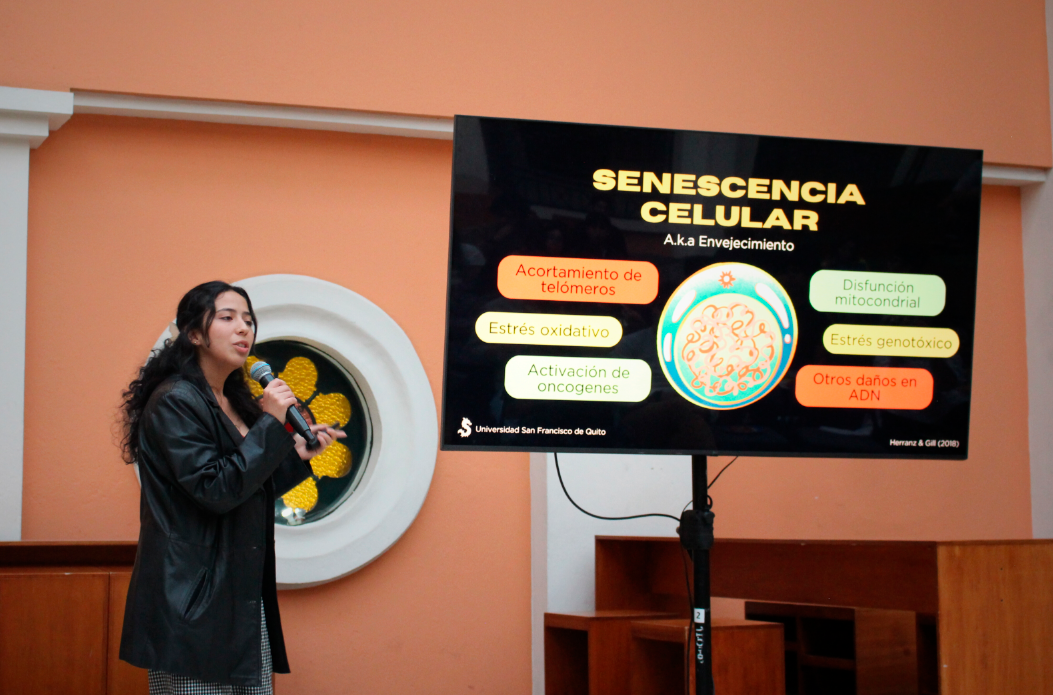 From the USFQ Cell and Gene Therapy Club's inaugural event
From the USFQ Cell and Gene Therapy Club's inaugural event
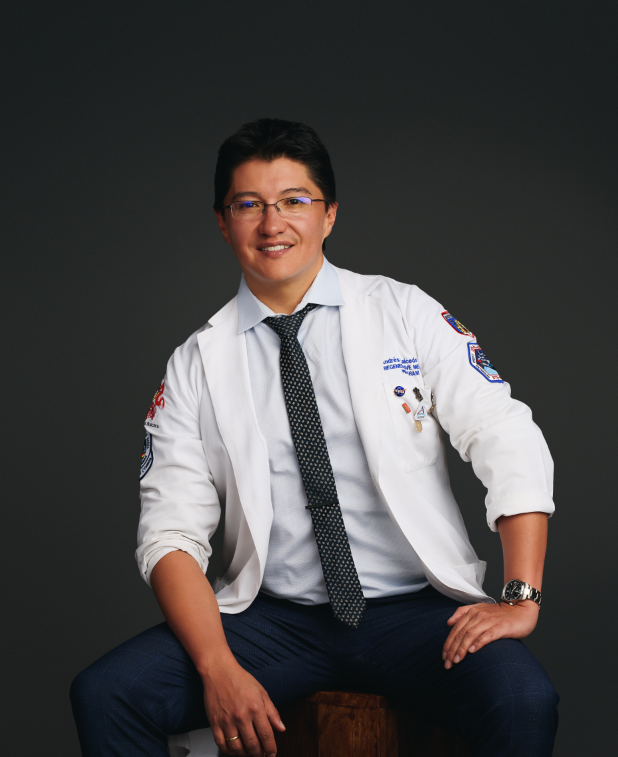
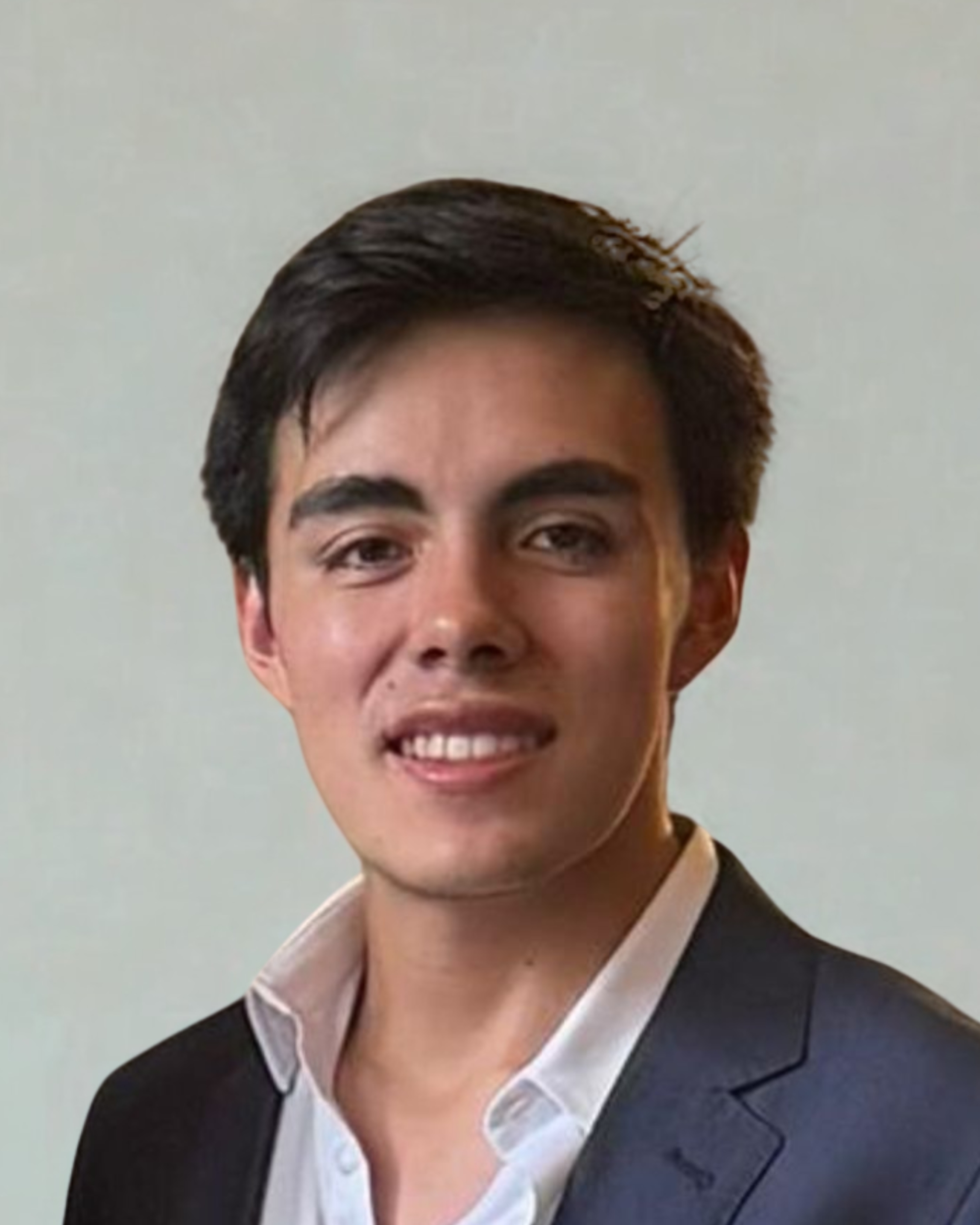
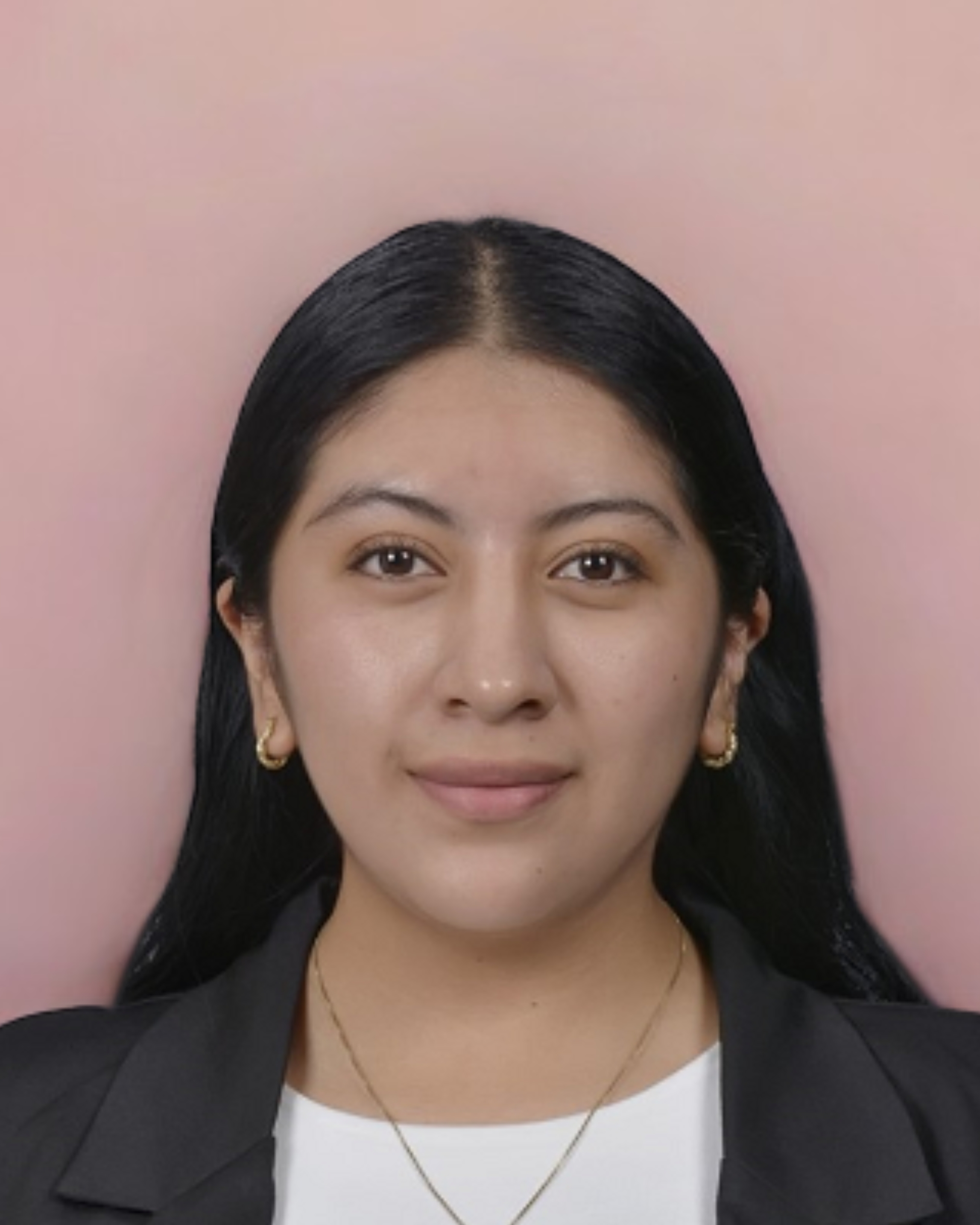
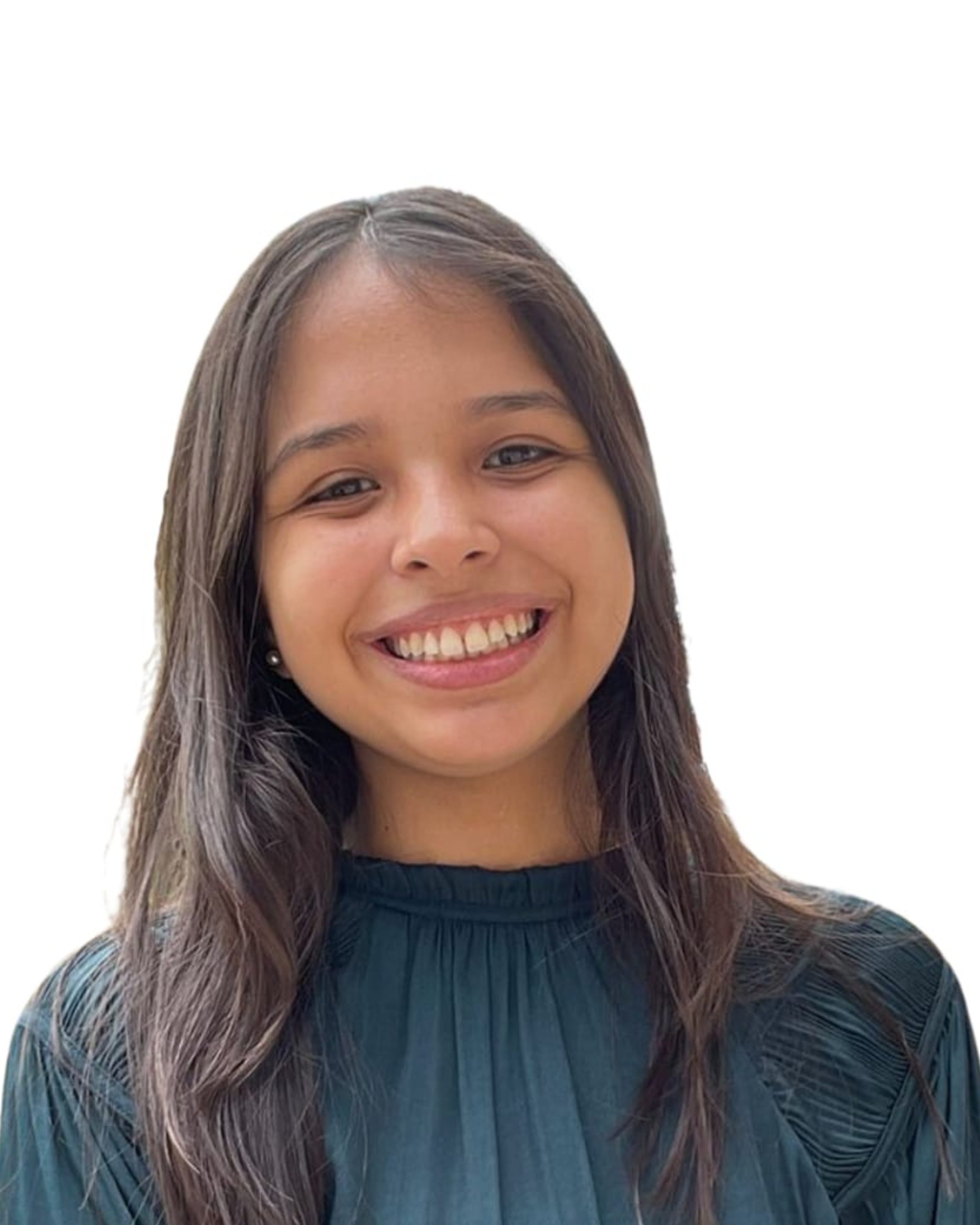
From left: Andres Caicédo, Associate Professor at USFQ; Cristian Rodríguez, Sorely Ocapana, and María José Salazar
Bibliography
[1] Berridge MV, Zobalova R, Boukalova S, Caicedo A, Rushworth SA, Neuzil J. Horizontal mitochondrial transfer in cancer biology: Potential clinical relevance. Cancer Cell 2025. https://doi.org/10.1016/j.ccell.2025.03.002.
[2] Brestoff JR, Singh KK, Aquilano K, Becker LB, Berridge MV, Boilard E, et al. Recommendations for mitochondria transfer and transplantation nomenclature and characterization. Nat Metab 2025;7:53–67. https://doi.org/10.1038/s42255-024-01200-x.
[3] Caicedo A, Benavides-Almeida A, Haro-Vinueza A, Peña-Cisneros J, Pérez-Meza ÁA, Michelson J, et al. Decoding the nature and complexity of extracellular mtDNA: Types and implications for health and disease. Mitochondrion 2024;75:101848. https://doi.org/10.1016/j.mito.2024.101848.
[4] Porreca I, Blassberg R, Harbottle J, Joubert B, Mielczarek O, Stombaugh J, et al. An aptamer-mediated base editing platform for simultaneous knockin and multiple gene knockout for allogeneic CAR-T cells generation. Mol Ther 2024;32:2692–710. https://doi.org/10.1016/j.ymthe.2024.06.033.
[5] Caicedo A, Morales E, Moyano A, Peñaherrera S, Peña-Cisneros J, Benavides-Almeida A, et al. Powering prescription: Mitochondria as “Living Drugs” - Definition, clinical applications, and industry advancements. Pharmacol Res 2024;199:107018. https://doi.org/10.1016/j.phrs.2023.107018.
#CommunityFeature